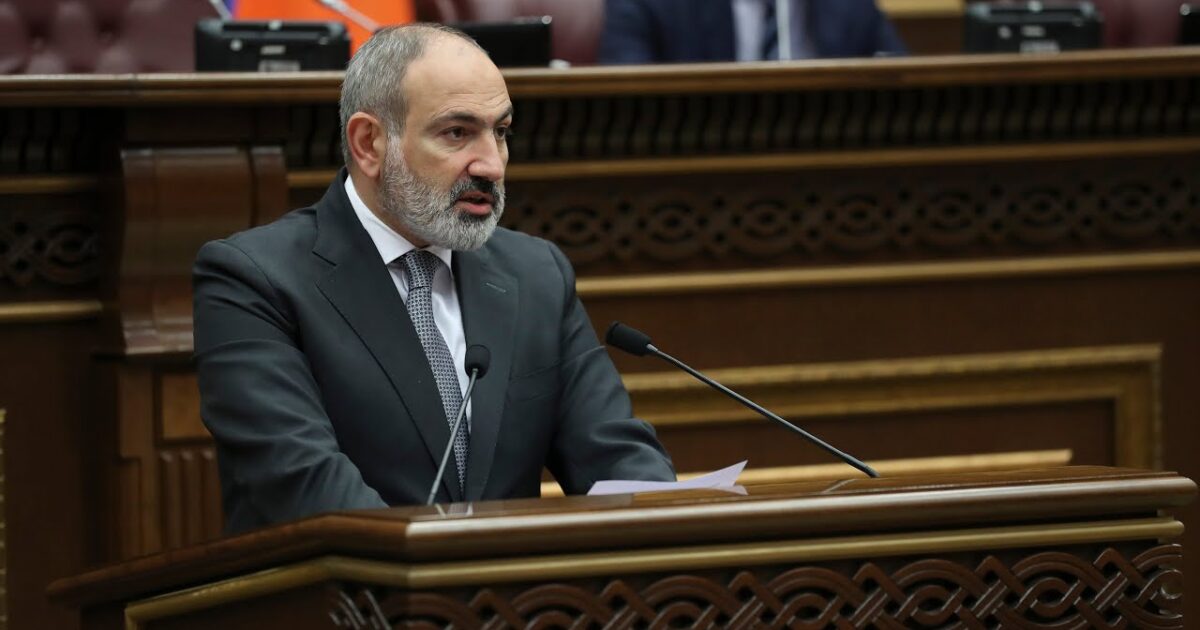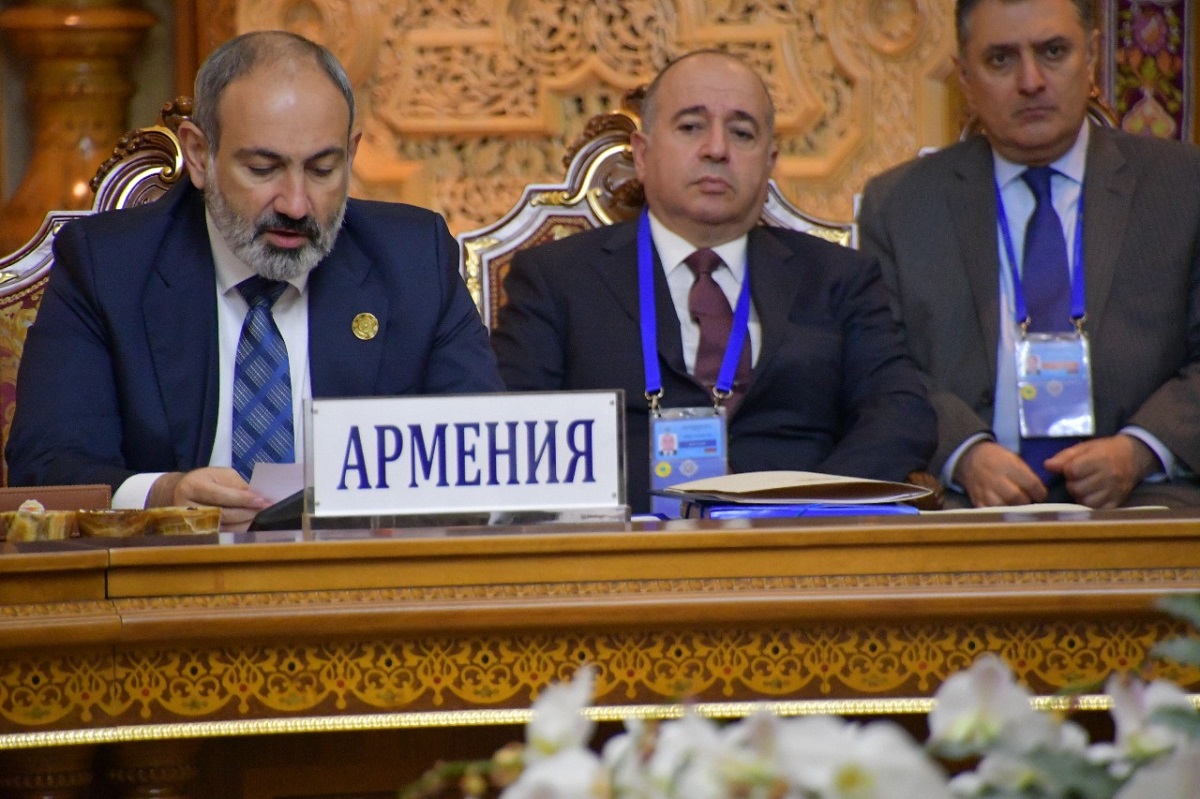Opinion: "Iran must understand it need not fear Armenia's close ties with the West"
Iran-Armenia relations
“Neighboring countries, which are not part of the West, including Iran, may have certain concerns about Armenia’s closer ties with the European Union. However, they are unfounded,” says political analyst Edgar Vardanyan.
He believes Yerevan should reassure Tehran that there is no basis for concern. Vardanyan emphasizes that the EU is also attempting to confirm this. Furthermore, the EU acknowledges and accepts “the fact that Armenia has deep connections with Iran.”
In a recent parliamentary address, Armenian Prime Minister Nikol Pashinyan also stated that relations with Tehran hold special significance for Yerevan: “These are our natural interests. And we have never juxtaposed, nor will we ever juxtapose, the development of our relations with the West – and with Iran.”
- “Armenia could mitigate Russian aggression.” Opinion from Yerevan
- “Bold actions can lead to serious problems,” says Armenian economist
- Peter Stano: “The EU can assist Armenia, but it will not impose solutions”
“Armenia is undergoing a radical change in its foreign policy”
Edgar Vardanyan states that the closer relations between Armenia and the European Union are not aimed against third countries, particularly Iran.
“Moreover, the West in general and the EU in particular are themselves trying to improve relations with Iran,” – he says.
Vardanyan suggests that the West also can see the radical changes in Armenia’s foreign policy.
“Firstly, Armenia faces serious security challenges, which necessitate its alignment with the West. Secondly, these foreign policy changes will contribute to deepening democratic reforms within Armenia,” he explains.
Armenia’s relations with the EU and the collective West have reached an unprecedented level and quality, emphasizes Vardanyan. New directions of cooperation are being outlined, with potential for further development.
He is confident that this marks the beginning of a new stage in relations: “Armenia is perceived by the West as a democratic state that seeks to counter various attacks and threats from authoritarian regimes.”
“The EU can help address security issues”
Edgar Vardanyan regards the development of ties with the European Peace Facility as important. This mechanism allows Brussels to provide funds to countries outside the EU to enhance their defense capabilities.
Through this instrument, the European Union also contributes to conflict prevention and addresses security challenges.
“The fund’s activities are primarily aimed at supporting Ukraine. However, considering the discussions at the meeting in Brussels on April 5th, we can expect cooperation with Armenia as well. I believe Armenia will be able to secure certain resources,” he said.
It’s important that Armenia already receives weapons and has “unprecedented military-political cooperation” with EU member France, considers Vardanyan. Negotiations with the US are also underway on how Washington can contribute to Armenia’s security:
“U.S. Ambassador Kristina Kvien recently shared that there is already a preliminary agreement in place to provide Armenia with mobile armored vehicles for delivering medical aid to the military.”
The Armenian edition of Radio Free Europe/Radio Liberty, Azatutyun, published an interview with U.S. Ambassador to Armenia, Kristina Kvien, the day before. The ambassador, among other things, stated that “Armenia has requested armored ambulances that can safely enter conflict zones. We are discussing various topics to determine where we can be helpful to Armenia in terms of its defense.”
Despite being optimistic about deepening relations with the West, Edgar Vardanyan believes that they may evolve “within certain limits, frameworks.”
Everything will depend on whether Yerevan continues to remain in the military bloc of the CSTO, led by Russia, and how Armenian-Russian relations will be reassessed.




















